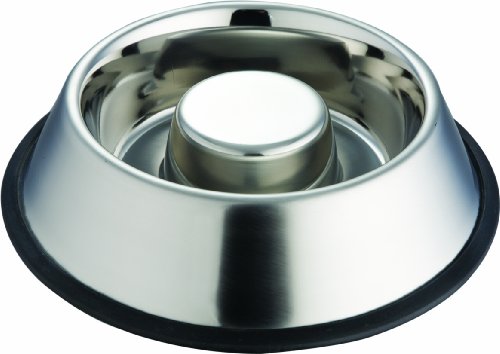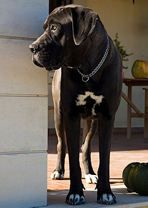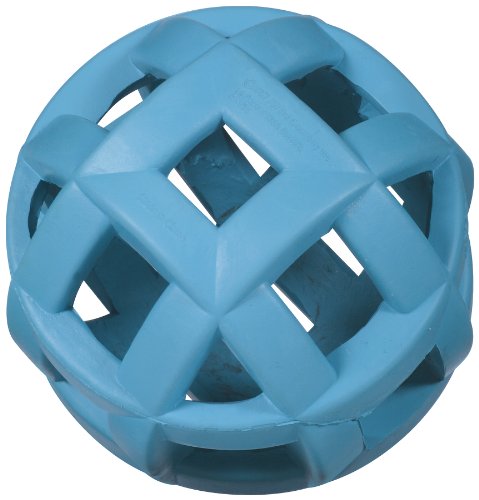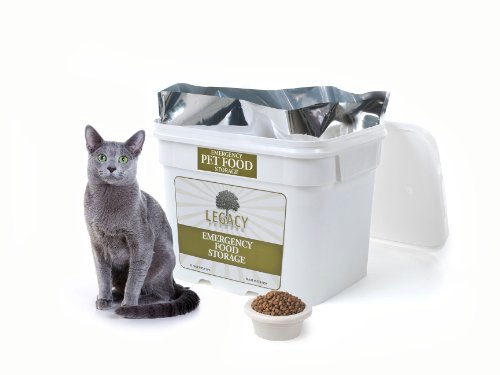
Do you have a dog that you care a lot about? We care a lot about our American red nose pit bull, Copper and have studied a lot about many breeds of dogs.
Allergic reactions are usually the root of most dogs skin problems. One such allergy is called allergic contact dermatitis.
This is usually considered to be a rare skin problem among dogs. It occurs when the dog's skin has an extreme reaction to chemicals in dyes or carpet deodorizers, rubber or wool materials, nickel, or some topical antibiotics.
For allergic contact dermatitis to occur, there has to be multiple exposures to the irritant.
Symptoms of this type of skin problem include lesions on the skin that has been exposed and hair loss in the same general area. Areas that are often affected the most are the abdominal area, lips, muzzle, and back of the paws.
The lesions are usually red blisters that itch, causing the dog to constantly scratch and lick the affected area.
To determine the exact cause of the irritant is often a lengthy process. The best way is to
 isolate the dog in an area where there isn't any carpet.
isolate the dog in an area where there isn't any carpet.
The dog also is kept off of the grass, in case it happens to be a grass allergy that has developed. A variety of items that the dog has recently had contact with are introduce to the isolated area, one at a time.
After a possible irritant has been introduce, there is a 2 to 5 day waiting period to see if the skin reacts. If there isn't a reaction, then this item is ruled out as an irritant.
Once the irritant causing the allergic contact dermatitis has been discovered, then it is eliminated from the dog's environment.
If this isn't possible, then there are a variety of substances that can be used to control the itching of the skin.
When you have a dog with skin problems caused by allergic contact dermatitis, there are a few steps you can take to keep his environment from causing him any extra amount of skin problems.
These steps include using glass or stainless steel dishes for food and water. Rinsing these each day and washing them with soap every other day will keep allergens low.
Hypoallergenic detergent can also be purchased and used for the dog's bedding, this works for humans and will for dogs as well. You may even need to invest in some special shampoo for your dogs skin problems.
If you are able to avoid grass all together, this is will keep grass allergens at bay.
 Indipet Slow Feed Pet Bowl
If you have a dog that loves
Indipet Slow Feed Pet Bowl
If you have a dog that loves
 Cane Corso Breeder Interview Breeder Interview: Virginia Dunn Discusses The Great Italian Mastiff
Cane Corso Breeder Interview
The Dog Guide is pleased to p
Cane Corso Breeder Interview Breeder Interview: Virginia Dunn Discusses The Great Italian Mastiff
Cane Corso Breeder Interview
The Dog Guide is pleased to p
 My Dog Chews Everything
Why Dogs ChewSome dogs are n
My Dog Chews Everything
Why Dogs ChewSome dogs are n
 Best Options for a GPS Locator for Pets
I remember when I was a chil
Best Options for a GPS Locator for Pets
I remember when I was a chil
 Prepare your Pets for Natural Disaster
In light of all the natural disasters that have happene
Prepare your Pets for Natural Disaster
In light of all the natural disasters that have happene
Copyright © 2005-2016 Pet Information All Rights Reserved
Contact us: www162date@outlook.com